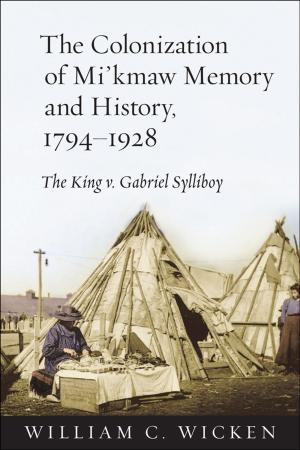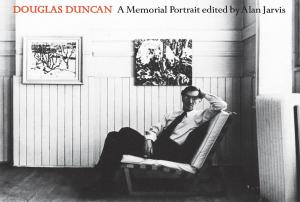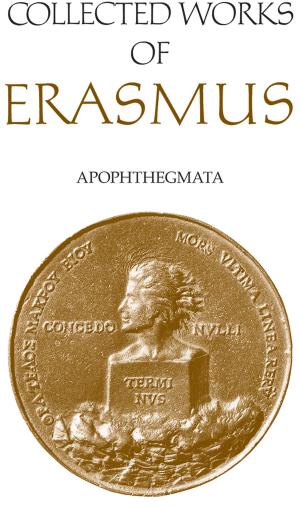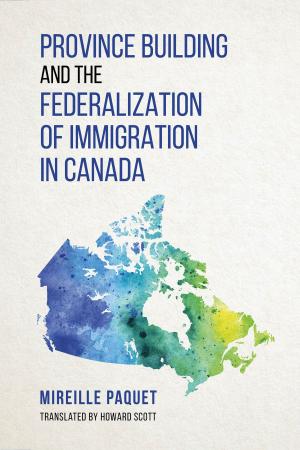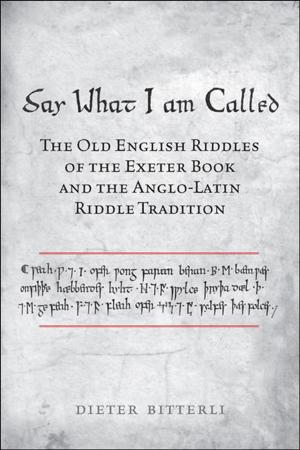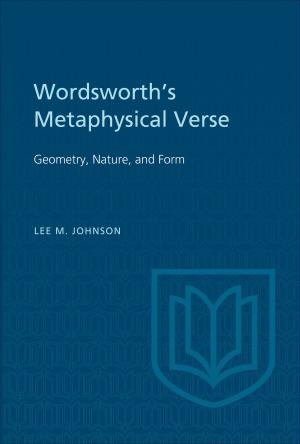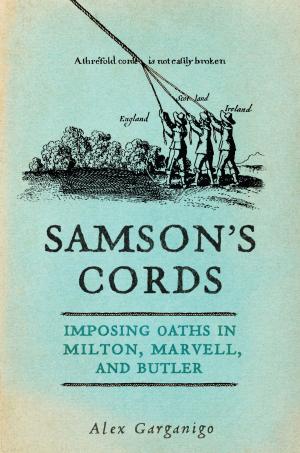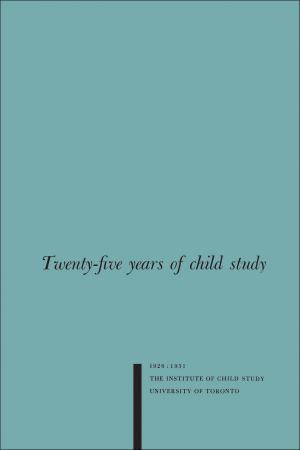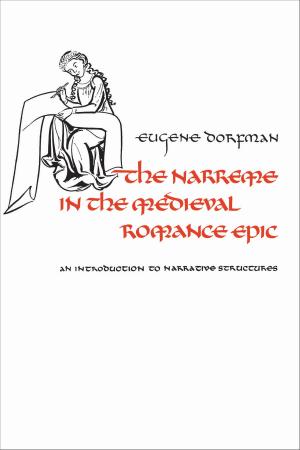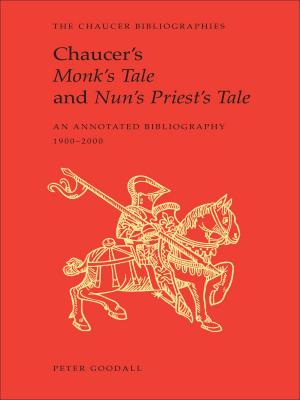Critical Approaches to Rubén Darío
Fiction & Literature, Literary Theory & Criticism, European, Spanish & Portuguese, Nonfiction, Social & Cultural Studies, Social Science, Cultural Studies, Ethnic Studies| Author: | Keith Ellis | ISBN: | 9781487596675 |
| Publisher: | University of Toronto Press, Scholarly Publishing Division | Publication: | December 15, 1974 |
| Imprint: | Language: | English |
| Author: | Keith Ellis |
| ISBN: | 9781487596675 |
| Publisher: | University of Toronto Press, Scholarly Publishing Division |
| Publication: | December 15, 1974 |
| Imprint: | |
| Language: | English |
Rubén Darío (1867-1916) of Nicaragua was the leader of the important Latin American literary movement known as Modernism. He is considered by many to be the greatest poet in Latin American literature, and the volume of writings devoted to his work since 1884 is perhaps greater than that on any other writer in the history of Spanish American literature. The celebration in 1967 of the centenary of his birth gave rise to a formidable number of new analyses, increasing the need for the classification and assessment of the many studies.
In this book Professor Ellis examines and evaluates the wide range of methods and perspectives available to the reader of Darío's works. He considers the biographical approach, social and political questions, influences and sources, structural analysis (providing three structural studies of his own), and, in an appendix, Darío's own concept of the role of the literary critic. His book is comprehensive both in time and in range, and includes an up-to-date bibliography.
This is the first systematic study of the critical works on a Spanish American writer. It is significant not only in its treatment of the work on an individual author, but also as a reflection on and an indication of the trends, methods, and preoccupations of modern appraisals of Latin American writing.
Rubén Darío (1867-1916) of Nicaragua was the leader of the important Latin American literary movement known as Modernism. He is considered by many to be the greatest poet in Latin American literature, and the volume of writings devoted to his work since 1884 is perhaps greater than that on any other writer in the history of Spanish American literature. The celebration in 1967 of the centenary of his birth gave rise to a formidable number of new analyses, increasing the need for the classification and assessment of the many studies.
In this book Professor Ellis examines and evaluates the wide range of methods and perspectives available to the reader of Darío's works. He considers the biographical approach, social and political questions, influences and sources, structural analysis (providing three structural studies of his own), and, in an appendix, Darío's own concept of the role of the literary critic. His book is comprehensive both in time and in range, and includes an up-to-date bibliography.
This is the first systematic study of the critical works on a Spanish American writer. It is significant not only in its treatment of the work on an individual author, but also as a reflection on and an indication of the trends, methods, and preoccupations of modern appraisals of Latin American writing.

